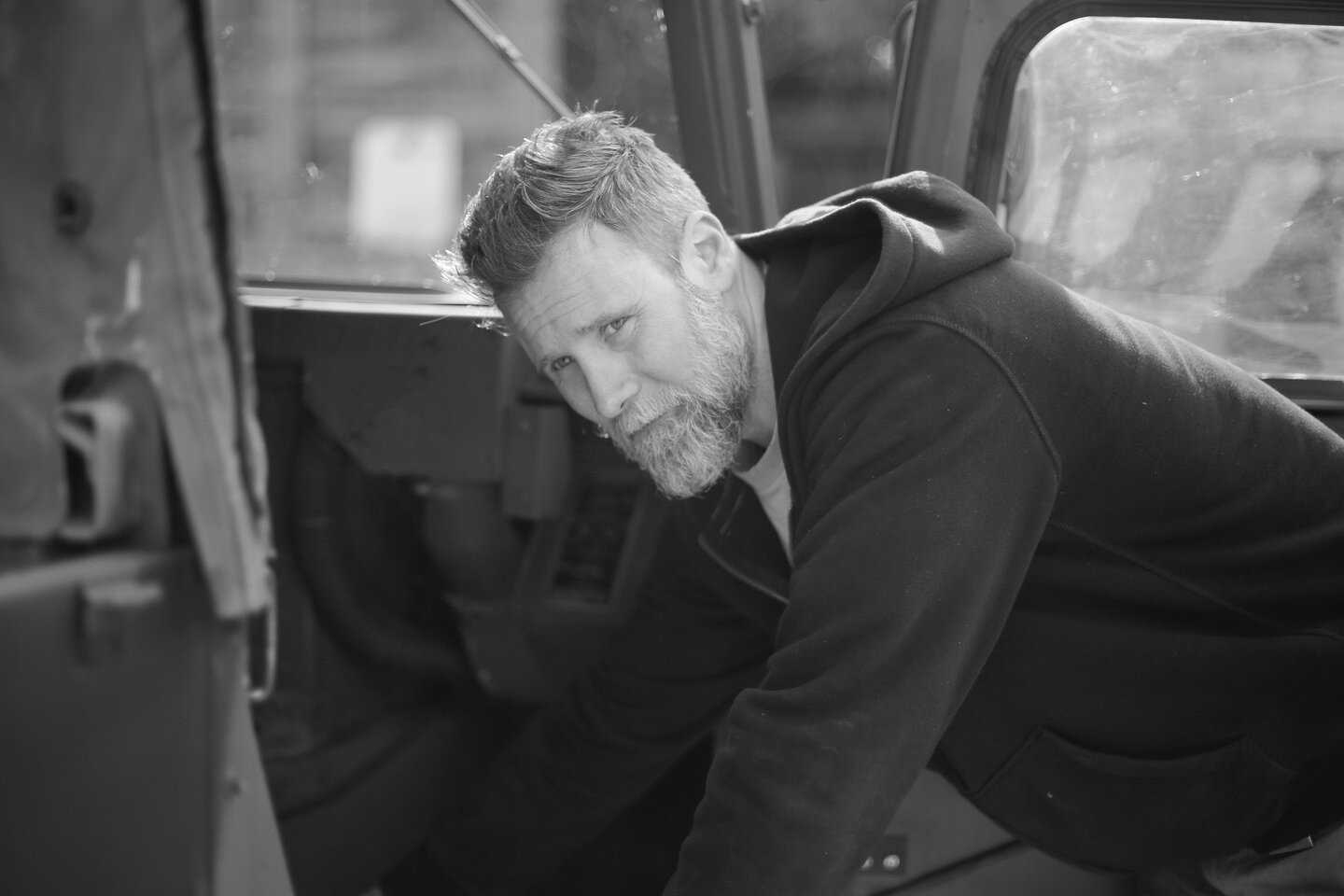
For adult males, hair loss is one of the most common problem that occur at some point in their lives. Whether they get it in their 30s or 50s, receding hairline or bald spots, a lot of causes are being attributed. These include genetics, stress, medical conditions, medication, or lack of mineral in diet. On this week's journal, we will be shedding some light on a number of reasons why men are prone to get hair loss. Read on!
Genetics
Family genetics are known to be playing a significant role in male baldness. More than 95% of men suffering from baldness have receding hairlines and thinning hair around crown of the head, which are signs of androgenetic alopecia. Genetic/inherited hair loss is usually caused by hormonal imbalances, like sensitivity to androgens. If you have relatives from your mother's side who have baldness, then your risk might increase, even more so as you get older.
Stress
Have you ever wondered why people who are younger may have thinner hair than you do? Some contributions may have to do with their job and daily routine. If they are working in a high-stress environment, then they can experience temporary hair loss. This is essentially due to the relationship between stress and hormone production. Emotional or physical stress can definitely manifest in our body through many forms, including hair loss. Regardless of the cause of stress, it may exacerbate this condition. Therefore, managing stress can be an important factor in controlling hair loss, no matter how old you are.
Medical conditions & medications
If you're undergoing medical treatment, it is known to cause hair loss to some extent. That includes medications for conditions such as cancer, high blood pressure, arthritis, depression, and heart problems. Radiation therapy, like chemotherapy has also long been associated with hair loss. Some medical conditions, like thyroid disease or diabetes can also trigger hair loss.
Nutrition obtained from diet
Nutritional deficiencies can also cause thinning hair and shedding. Vitamins and minerals like zinc, iron, vitamin B, and protein, all play an important role in preserving hair health. They are especially useful to prevent hair loss, not necessarily treating it after hair loss happens. According to some studies, a bad diet can also produce certain vitamin and mineral deficiencies in the body, therefore causing hair loss. For example, not consuming enough iron-rich foods can hinder oxygen transport throughout the body, as well as halting hair growth. Protein is also crucial for reduce potential hair loss, as hair follicles are made mostly of protein. Some vitamins, including vitamin A is crucial to produce sebum and keeps your scalp moist, while vitamin C can help absorption of iron and protects hair follicles from free radicals.
Unhealthy lifestyle
Poor lifestyle choices and bad habits can also exacerbate hair loss condition in men. Smoking is one of them, as smoke particles from cigarettes attack the hair papilla (base of the hair follicle) and weakens it. Smoking also causes problems to hair follicles, including scarring, making it hard for hair to grow again,. Some habits may look harmless, but they actually are fundamental for your well-being. This includes your sleeping habits. Recommended duration of sleep are around 7-9 hours every night, and maintain this to keep your hair always on their prime state. As hair is sensitive to changes in the body, disruption in cell regeneration caused by inconsistent sleeping pattern can also trigger hair loss.